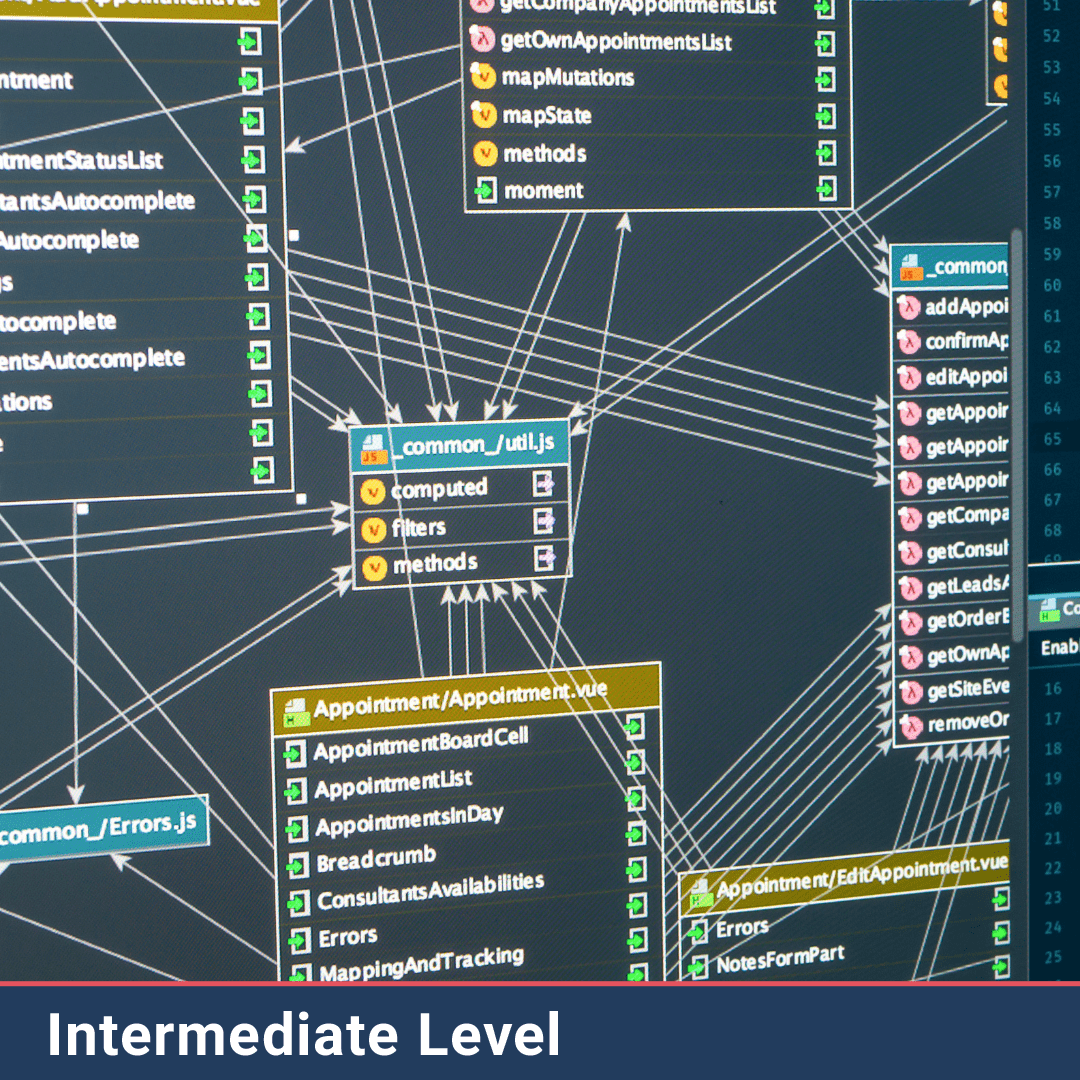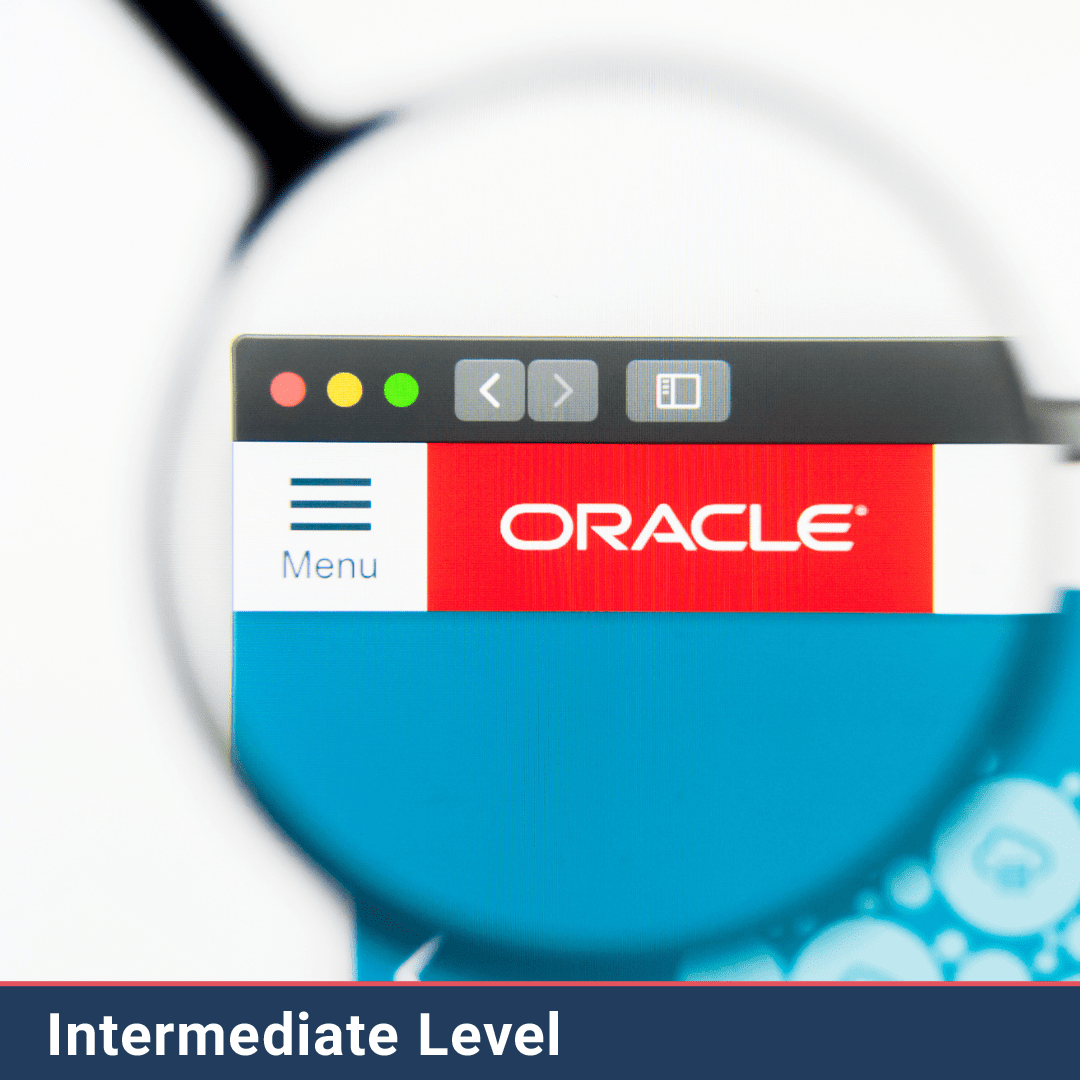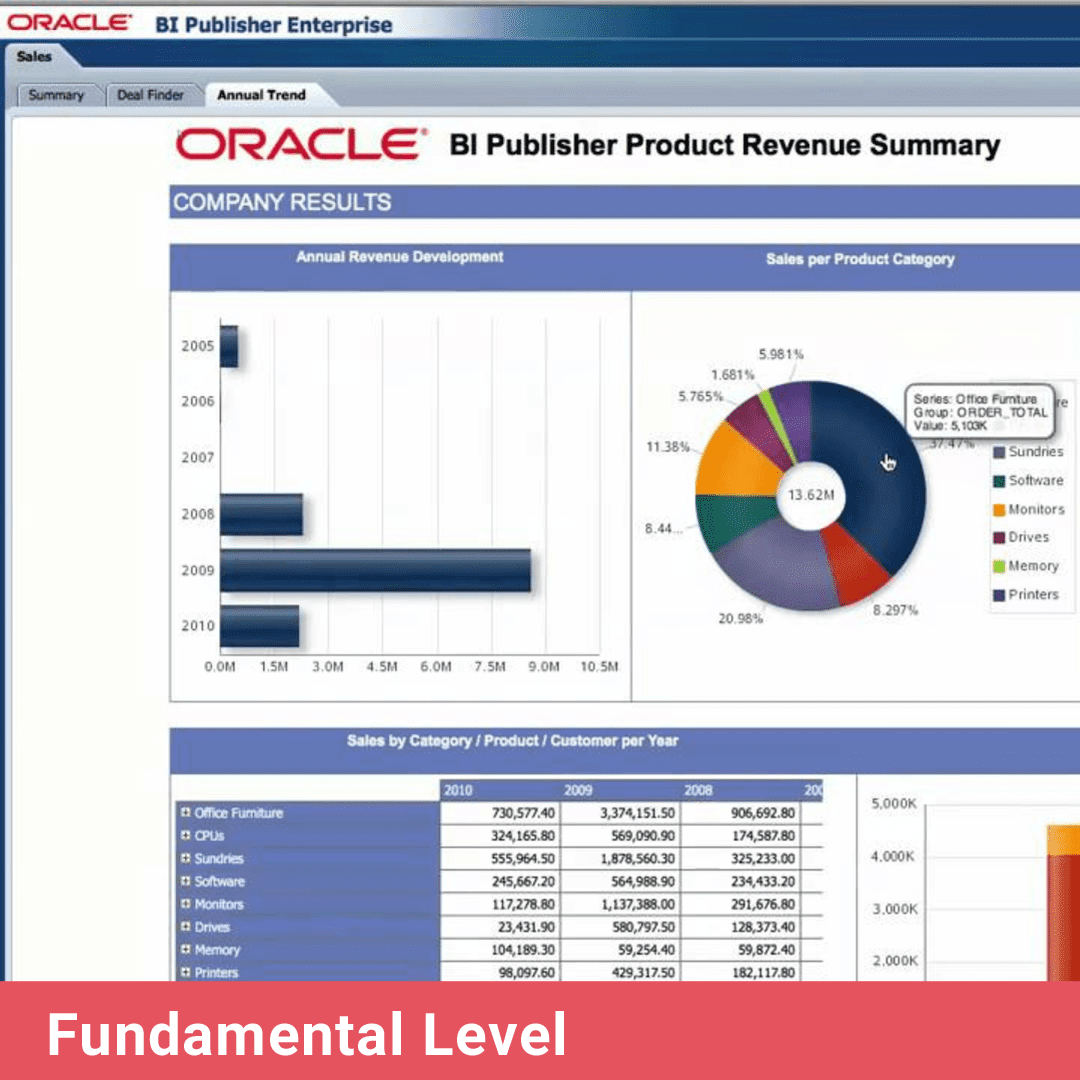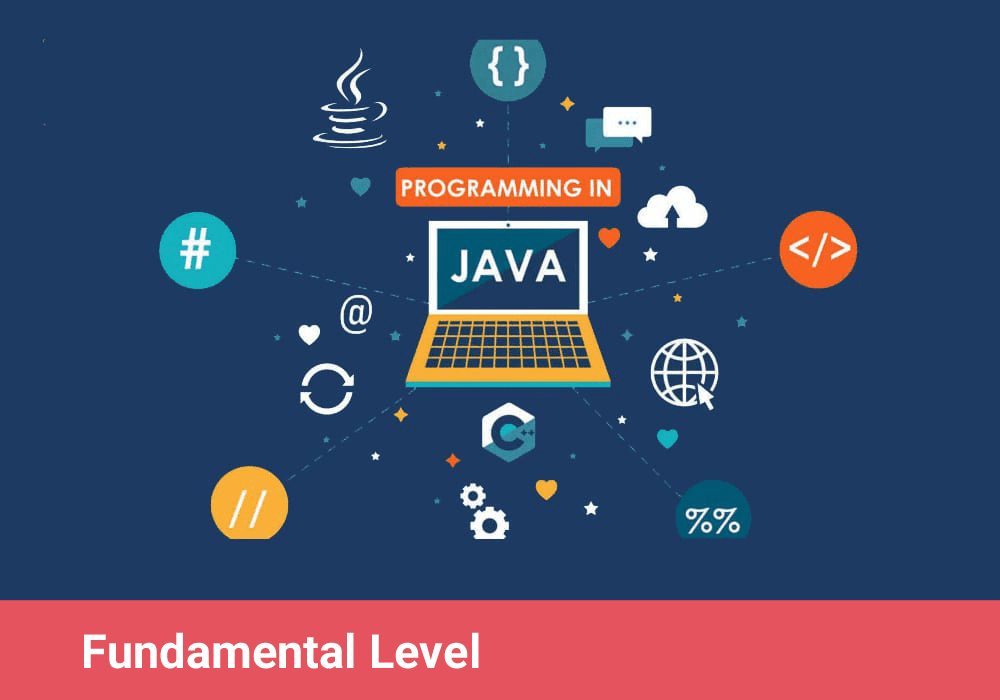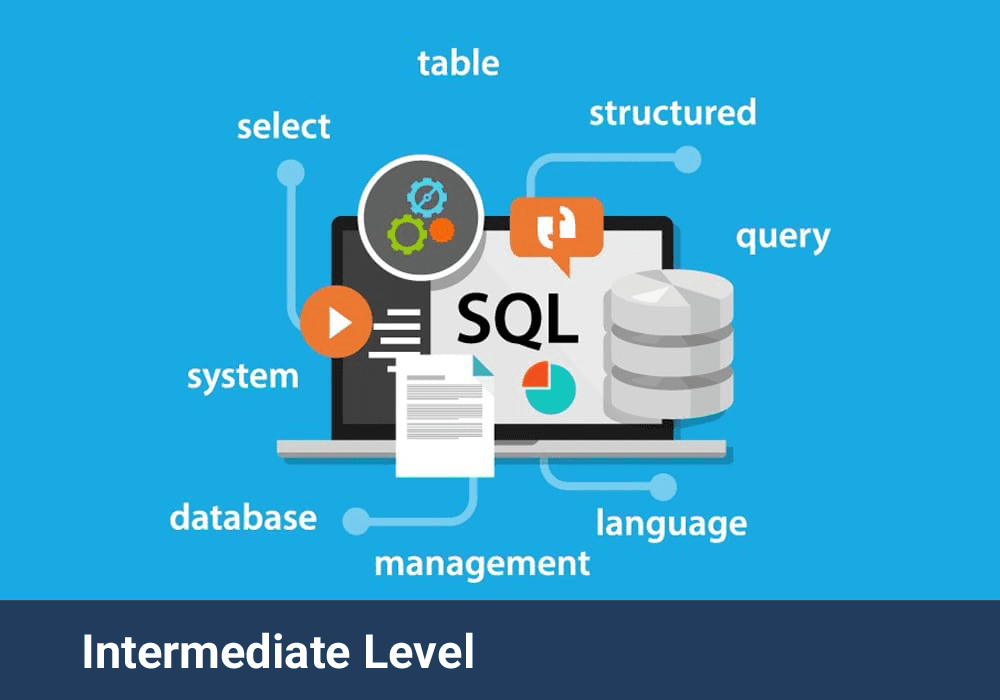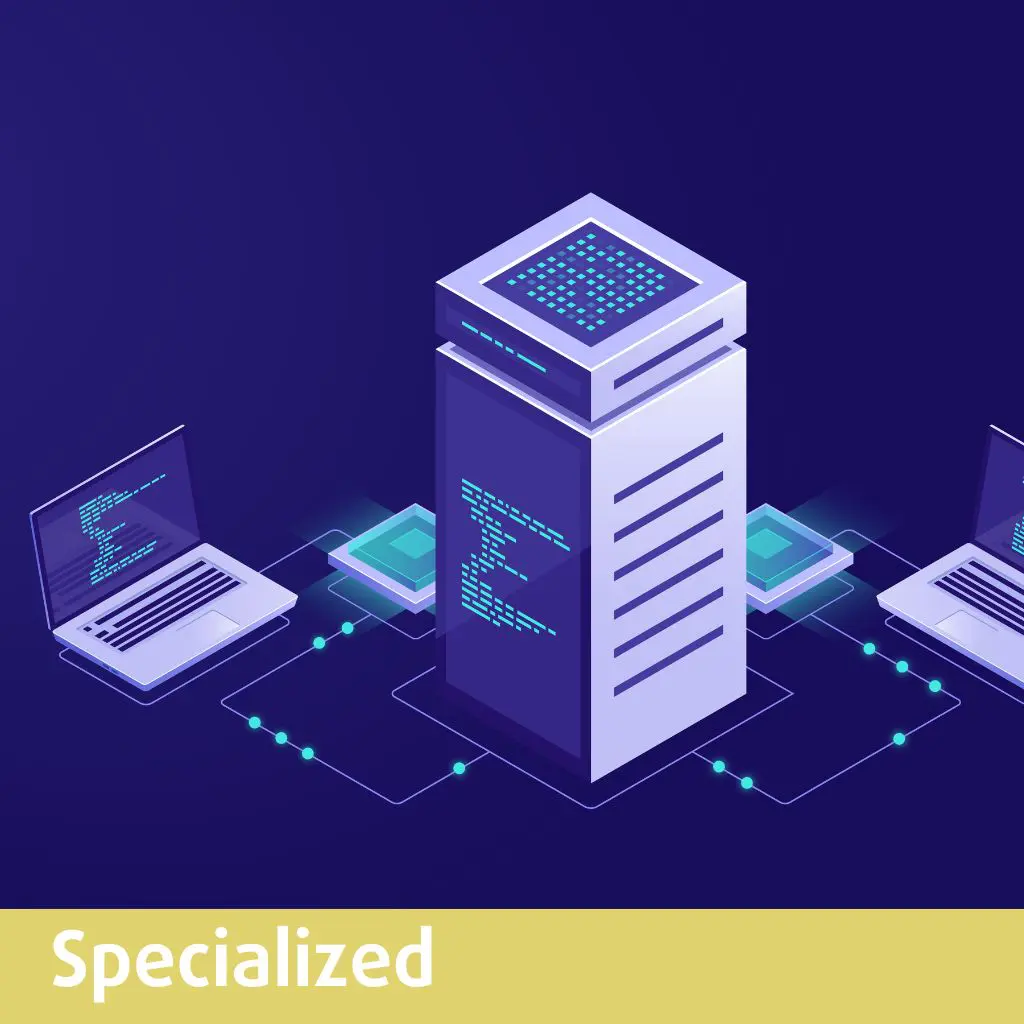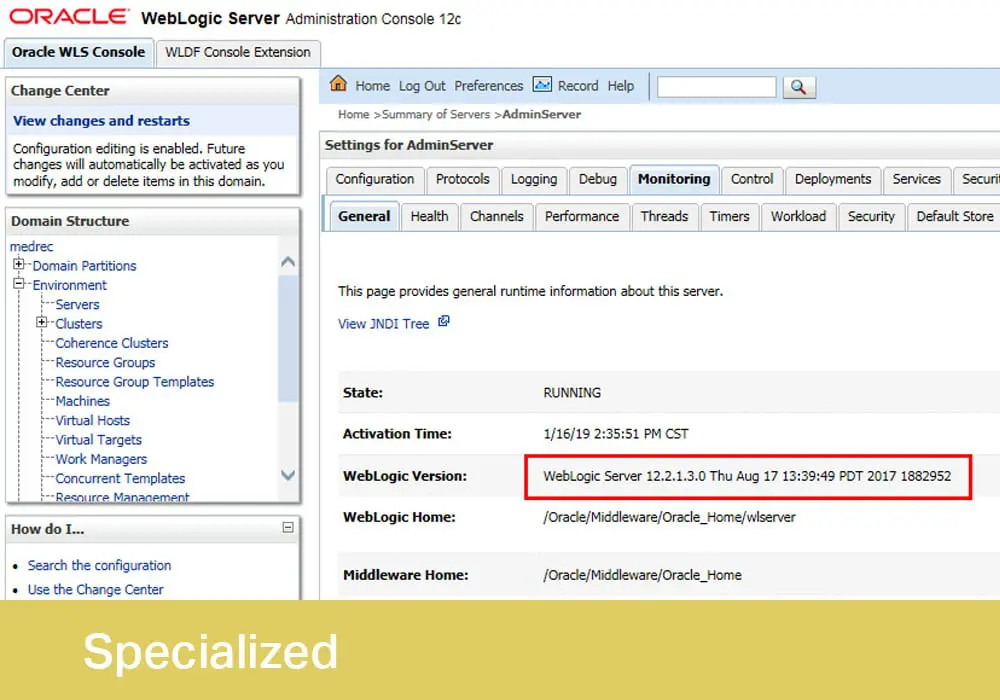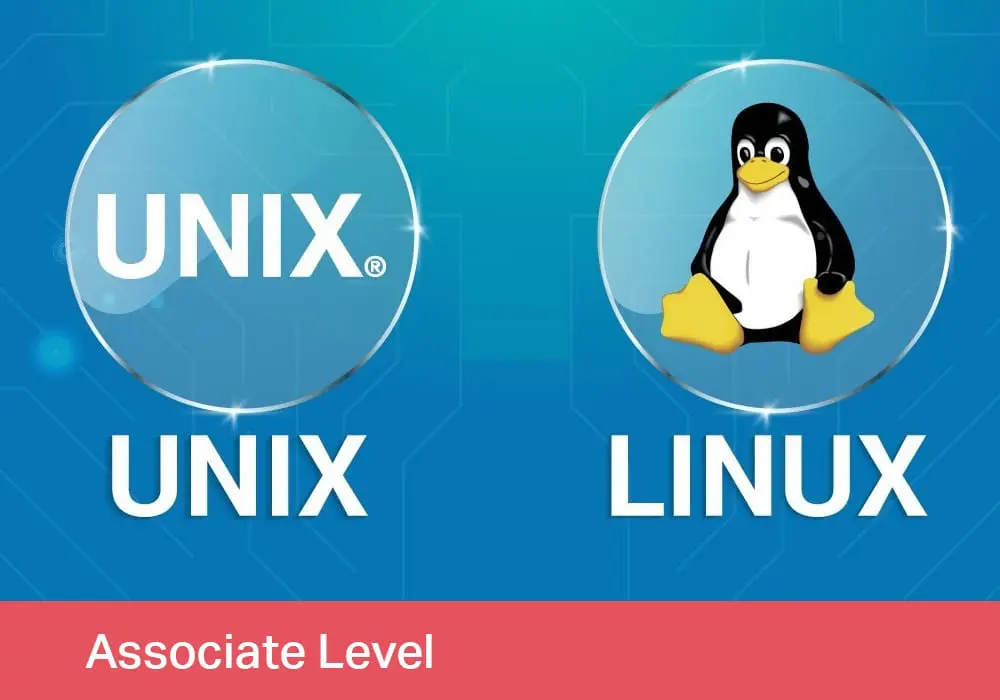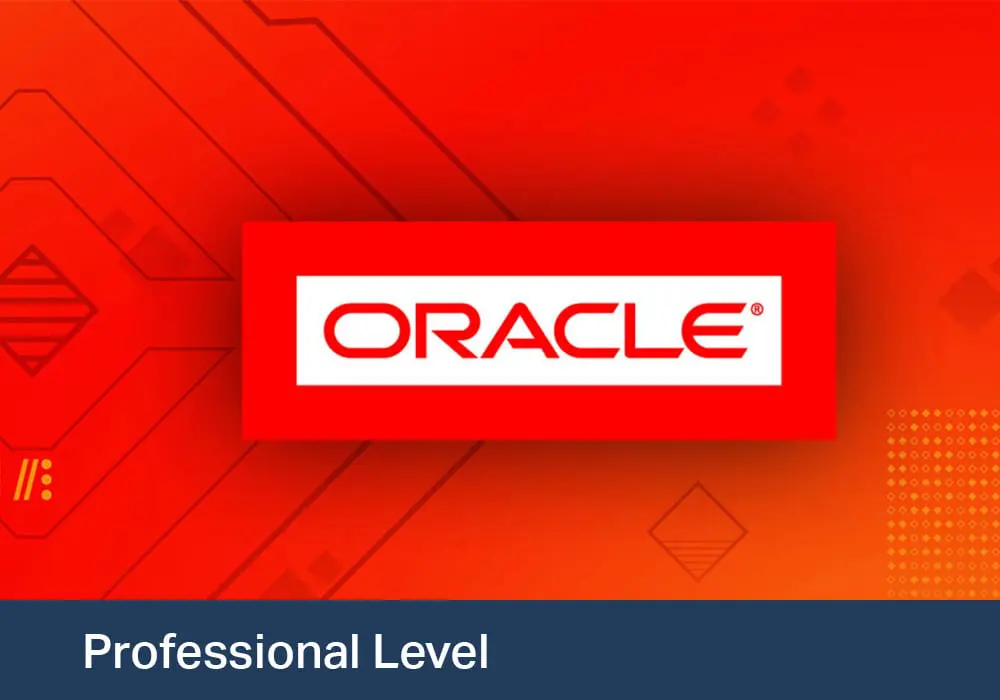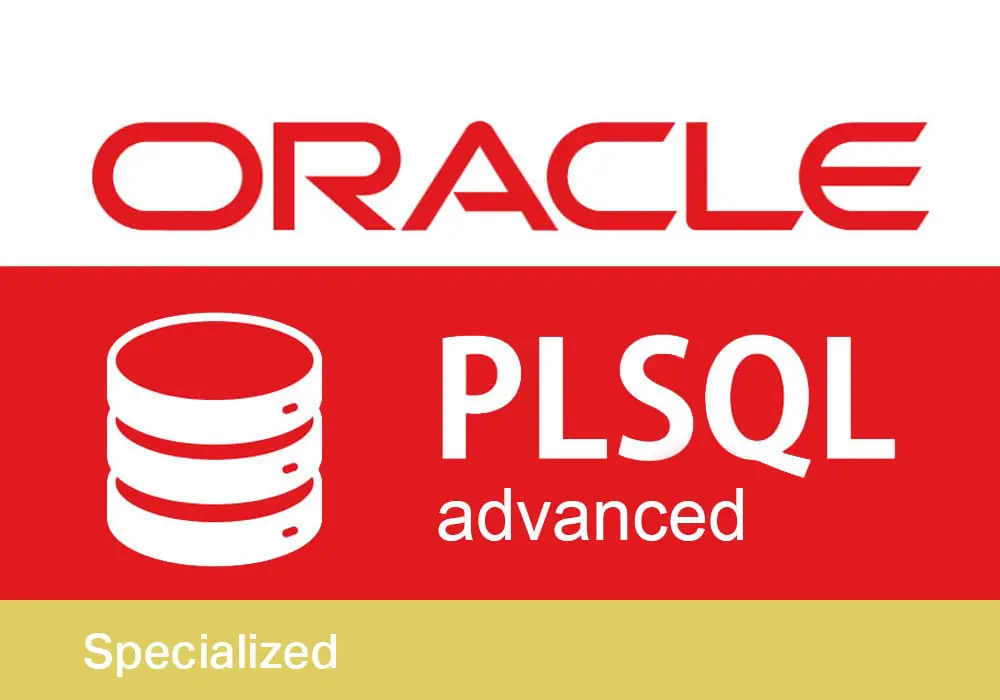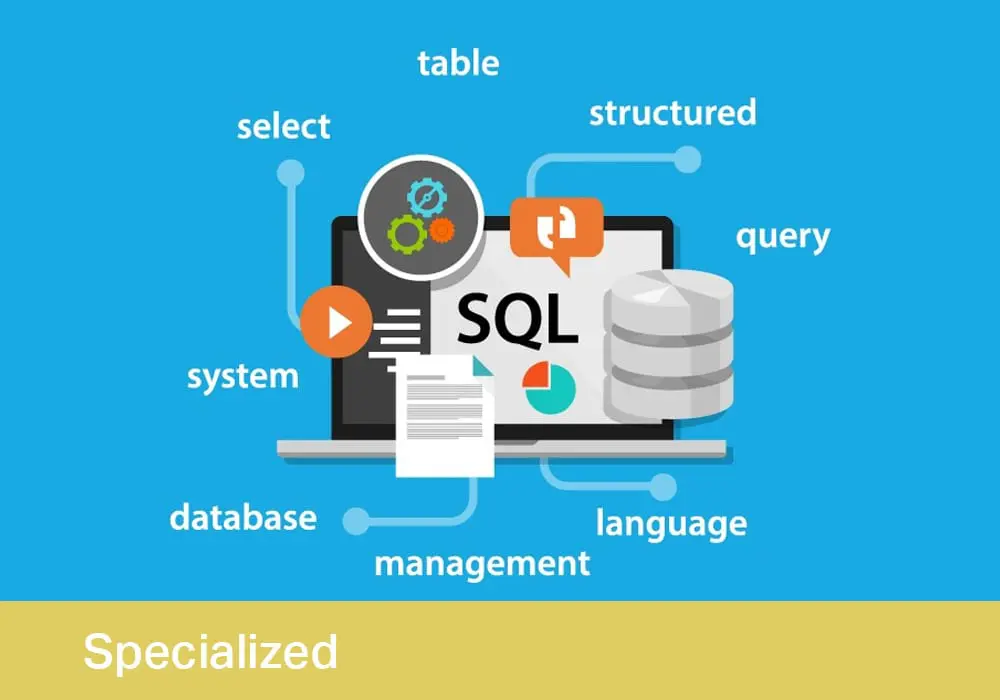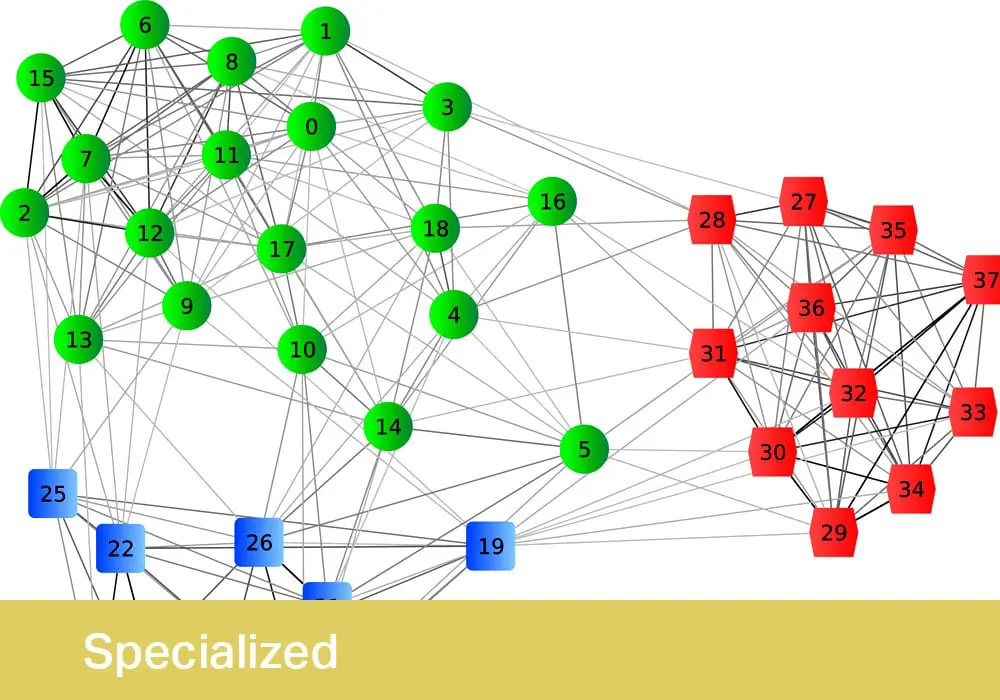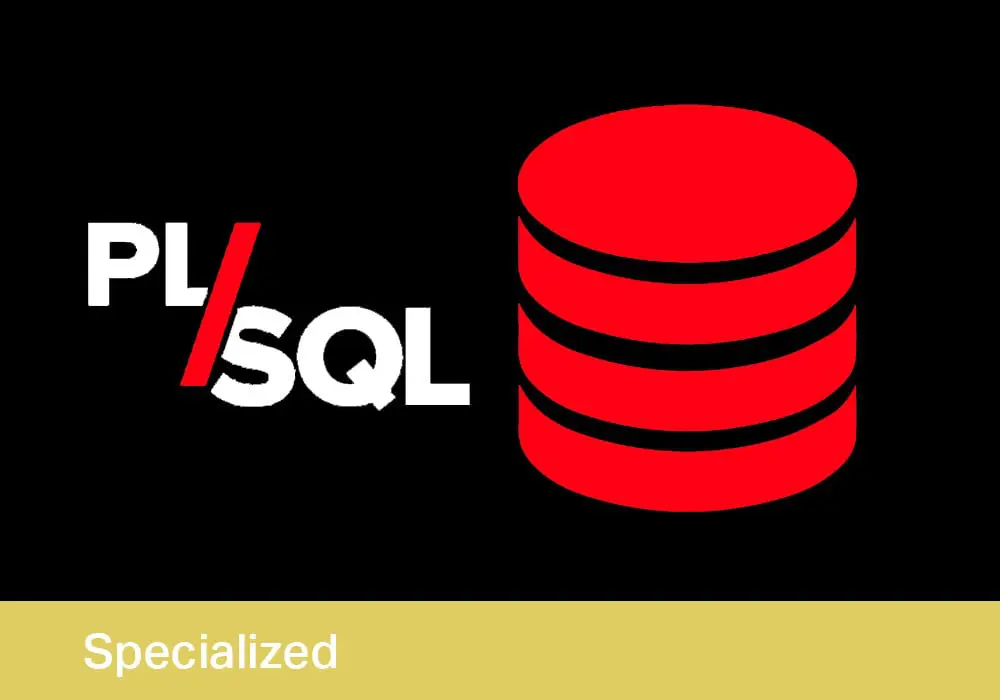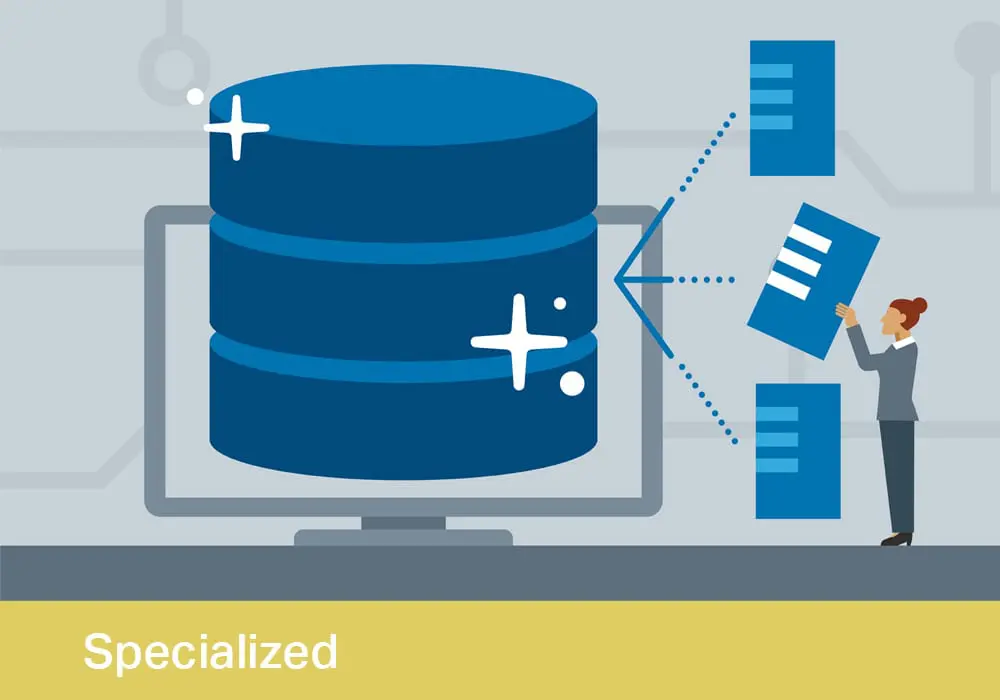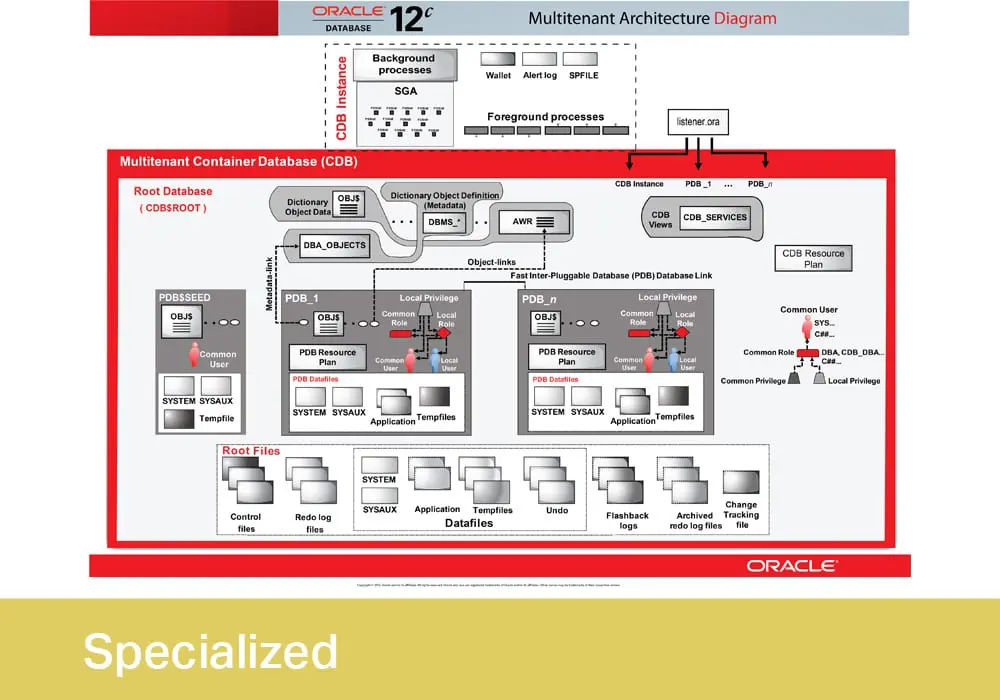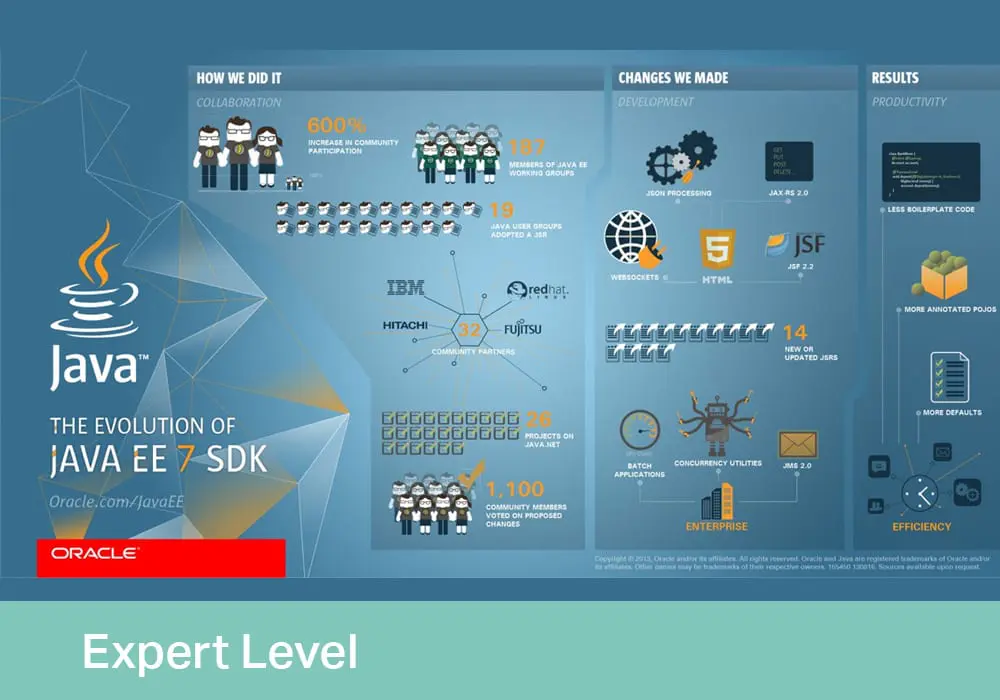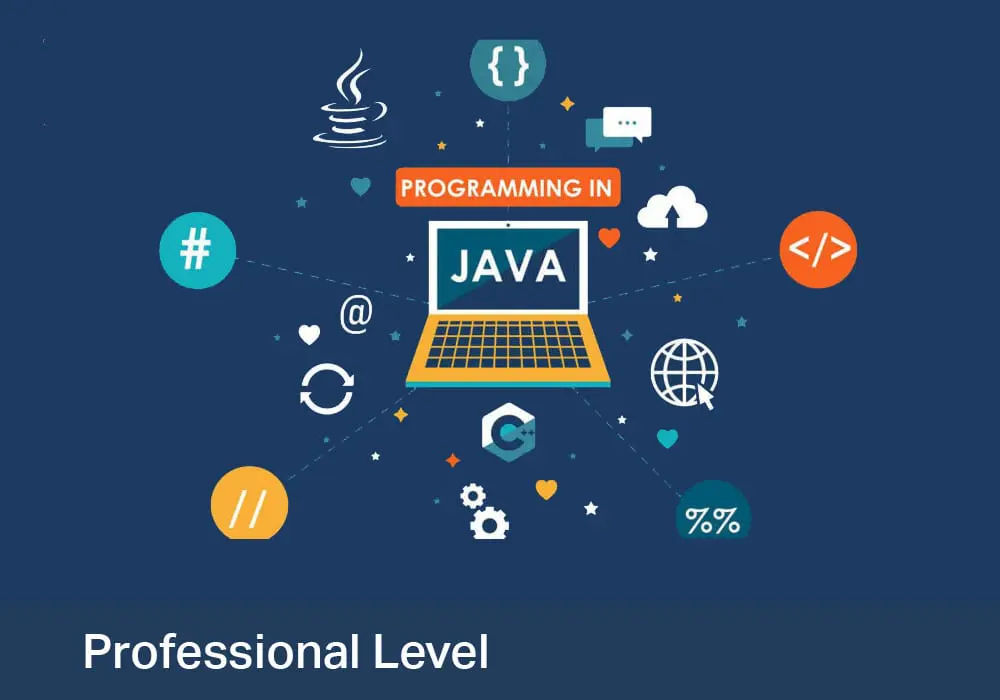Oracle continuă să fie unul dintre cele mai populare programe software de management al bazelor de date relaționale (RDBMS) din industria IT de astăzi. Poate fi găsit pe fiecare versiune de UNIX, pe majoritatea versiunilor de Windows și pe o varietate de alte platforme.
Ca centru autorizat de training Oracle, putem să oferim cursuri certificate Oracle în regim self-study sau în clasă. Dacă dorești să înveți despre Oracle Database, Oracle MySQL, Oracle Data Management, Oracle Application Development, Oracle IT Infrastructure, Oracle Java, cursurile sunt livrate de instructori cu experiență vastă care îți oferă exemple reale cu aplicabilitate imediată.
Într-o eră digitală dominată de date și sisteme complexe, cunoașterea platformelor Oracle devine o abilitate indispensabilă pentru profesioniștii IT care doresc să se evidențieze pe piața muncii. Visezi să devii un Oracle Certified Professional sau să explorezi multitudinea de oportunități pe care le oferă un training Oracle Developer? Atunci ai ajuns în locul potrivit. Cursurile Oracle sunt cheia spre o carieră de succes în tehnologia informației, oferind o gamă largă cursuri Oracle ce acoperă de la Oracle SQL la Java Certification Course Oracle, și nu numai.
Imaginează-ți cum ar fi să parcurgi un Oracle Learning Path bine structurat, ghidat de experți, care te pregătesc să obții o certificare Oracle recunoscută internațional. Prin intermediul acestor cursuri Oracle, vei dobândi competențe critice și vei avea acces la Oracle CertView, un instrument esențial pentru urmărirea progresului și gestionarea certificărilor. Fie că ești la început de drum și cauți cursuri Oracle pentru începători, sau ești un profesionist experimentat care dorește să-și extindă cunoștințele prin intermediul cursurilor avansate Oracle , clasele Oracle sunt concepute pentru a răspunde nevoilor tale.
Te-ai întrebat vreodată care este costul unei certificări Oracle sau cum poți accesa un training online Oracle? Ofertele de training Oracle variază, iar investiția în educația ta poate fi recuperată rapid prin oportunitățile de angajare și avansare pe care le vei descoperi.
Acum este momentul să acționezi. Nu lăsa oportunitatea să devii expert în Oracle să îți scape. Înscrie-te la un curs Oracle și deschide ușa către un viitor strălucit în domeniul IT. Fie că optezi pentru training si certificare Oracle în sala de clasă sau pentru cursuri online, pașii pe care îi vei face acum te vor aduce mai aproape de statutul de expert Oracle. Explorează lista de cursuri Oracle și începe călătoria ta spre excelență astăzi.
FAQ training Oracle
Ce tipuri de cursuri Oracle sunt disponibile pentru începători?
Cursurile Oracle pentru începători includ introduceri generale în baze de date, cursuri de administrare a bazei de date Oracle, cursuri de SQL și PL/SQL, și introduceri în dezvoltarea aplicațiilor folosind Oracle. Acestea sunt concepute pentru a oferi participanților o bază solidă în tehnologiile Oracle.
Ce certificări Oracle pot fi obținute după finalizarea unui curs?
După finalizarea unui curs Oracle, participanții pot obține certificări recunoscute internațional, cum ar fi Oracle Certified Associate (OCA), Oracle Certified Professional (OCP), și Oracle Certified Master (OCM), în funcție de nivelul cursului și specializarea aleasă.
Există opțiuni de cursuri Oracle online sau hibrid?
Da, multe cursuri Oracle sunt disponibile online, oferind flexibilitate pentru cei care nu pot participa fizic. De asemenea, există opțiuni hibride care combină sesiunile online cu activități practice desfășurate la fața locului sau în laboratoare virtuale.
Care sunt oportunitățile de carieră după finalizarea unui curs Oracle?
Finalizarea unui curs Oracle deschide oportunități de carieră în administrarea bazelor de date, dezvoltarea de aplicații, consultanță IT, și managementul sistemelor IT. Profesioniștii certificați Oracle sunt căutați în diverse industrii, inclusiv financiar, telecomunicații, și sănătate, având potențialul de a ocupa poziții de specialiști sau manageri IT.
De ce îmi este afișată această pagină?
Această pagină este recomandată datorită cautărilor tale ce includ termeni precum: oracle certification, cert oracle, oracle course, oracle classes, oracle certview, oracle cert view, learn oracle, cert view oracle, oracle courses list, oracle programming course, oracle learning path, java certification course oracle, certificare oracle, best oracle sql course, oracle developer training, oracle certification cost, oracle online course, oracle certification courses, oracle training certification, oracle certification online, oracle courses for beginners, oracle certified partners, oracle developer course, oracle certified professional, oracle learning academy, java certification exam, oracle online classes, oracle training program, oracle online training, training oracle, oracle training and certification, oracle training courses, oracle training classes, best oracle certification for beginners, oracle course details, become oracle certified, oracle classes online free, oracle classroom training, oracle training and placement sau alții.



